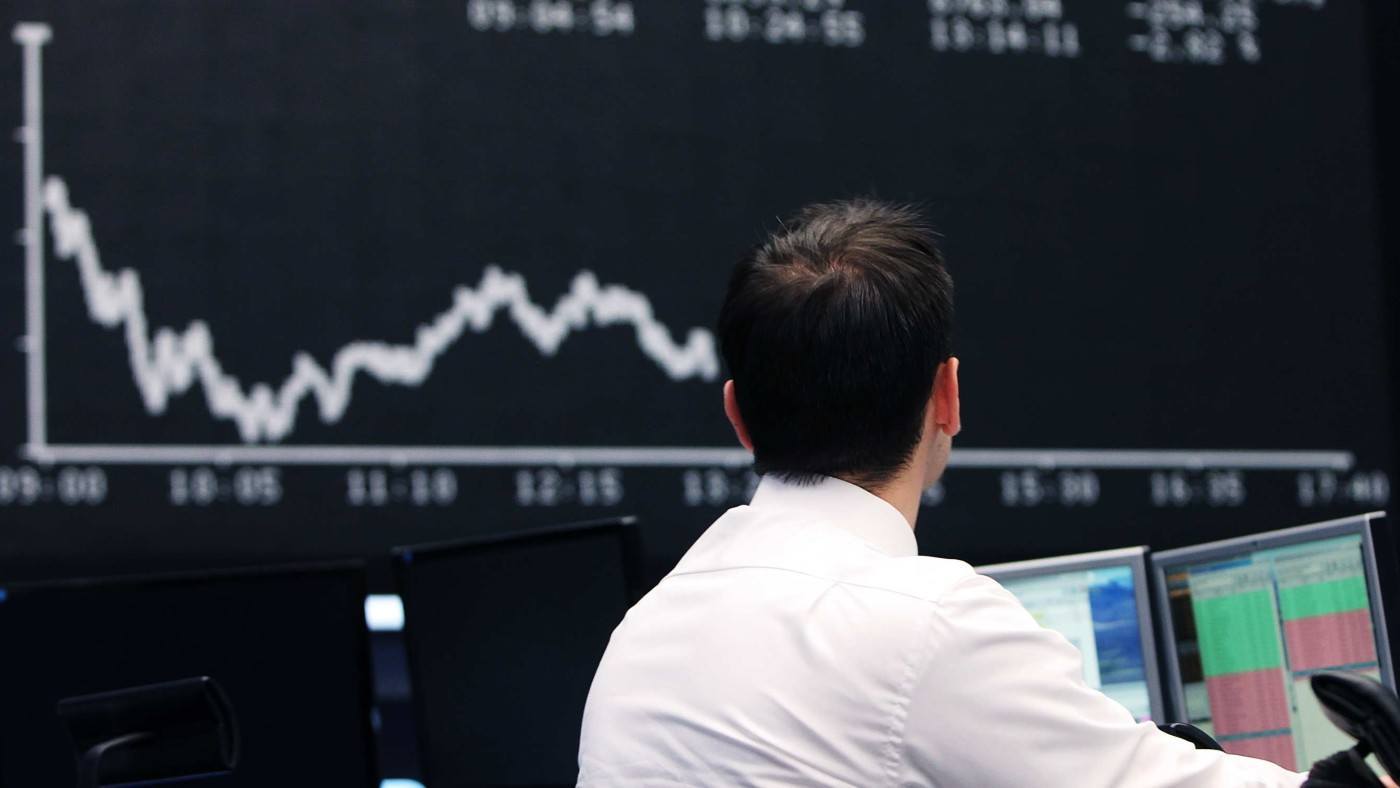It is a measure of the fear of investors right now that the best investment strategy is “take to the hills”. What you should be putting into your portfolio is cash, gold and guns.
In a deflationary environment, such as has taken grip in recent weeks due to the tumbling oil price, slowdown in China and stagnation in the euro zone, cash can buy more every day as prices are falling. The yen is especially strong versus the dollar. Gold is at a one year high. Shares in Smith & Wesson, purveyors of .44 magnums, have also had a bizarrely good week.
Elsewhere the news is not good. The Swedish Riksbanks cut interest rates to minus 0.5%. SocGen and Credit Suisse shares plunged. Shares in Europe, especially in Paris, had another bad day. The S&P 500 index fell in New York and dollar fell against the yen and the euro. In her testimony to Congress, Federal Reserve chairman Janet Yellen indicated that the US economy is softening.
Let’s be serious. If you are an optimist, and believe in progress and civilisation, taking to the hills ought to be a mad investment strategy. On a long term basis, surely markets will right themselves, capitalism and good will triumph? Won’t they?
This is the nub of the issue. Investors have lost all confidence, especially about the EU. Markets are full of rumours that the massive sovereign wealth funds of the Middle East – where oil dependent governments are running large budget deficits – are liquidating their large holdings in Western assets and putting the proceeds into, well, cash, gold and guns (this week Iran announced potential deals to buy Russian jets and missiles).
Central banks apparently have nothing left in their toolkit to calm the situation, which is why they have resorted to negative interest rates, which supposedly stimulate spending and investment.
Unless I am missing something, negative interest rates are actually a crazy response. Investors are being rational in panicking. Why would you put your money in a bank which charges to keep it? Its value would erode every day. Far better to take your money out and keep it under the bed. And buy a shotgun.
So negative interest rates imperil the banking system. That is why shares in European banks – already weakened by bad debts to oil producers – have collapsed in the last few weeks. And if you jeopardise the banking system, you undermine the payments system and give consumer and business confidence a big knock. Capital markets become dysfunctional. Demand suffers and pretty soon there is a doom loop of falling prices and despair.
In this environment, a take to the hills investment strategy is not actually mad. It is rational. Or it appears to be.
How should the authorities respond? To start with abandon this negative interest rates idea, keep them in positive territory. If stimulus is required central banks should pump liquidity into the system, loosen capital requirements and print money.
The other risk investors cite is political risk. The risk to the stagnant EU that Britain will depart, leaving behind a chaotic rump. The risk that Angela Merkel’s coalition will collapse in September’s elections. The risk that Bernie Saunders or Donald Trump will be elected President. The risk that President Putin is stirring up a war in the Middle East that might even result in the toppling of the house of Saud.
So the sensible advice to politicians? First do no harm. Give the middle class a break. Do not do anything daft, like piling stamp duty on the housing market (as has happened in Britain, the biggest policy mistake for years). As for the EU referendum, the likelihood of it being delayed is surely increasing all the time. The comfortable certainties of the Establishment everywhere, that all will be well in the end as long as sensible people like them are in charge, are being tested.


